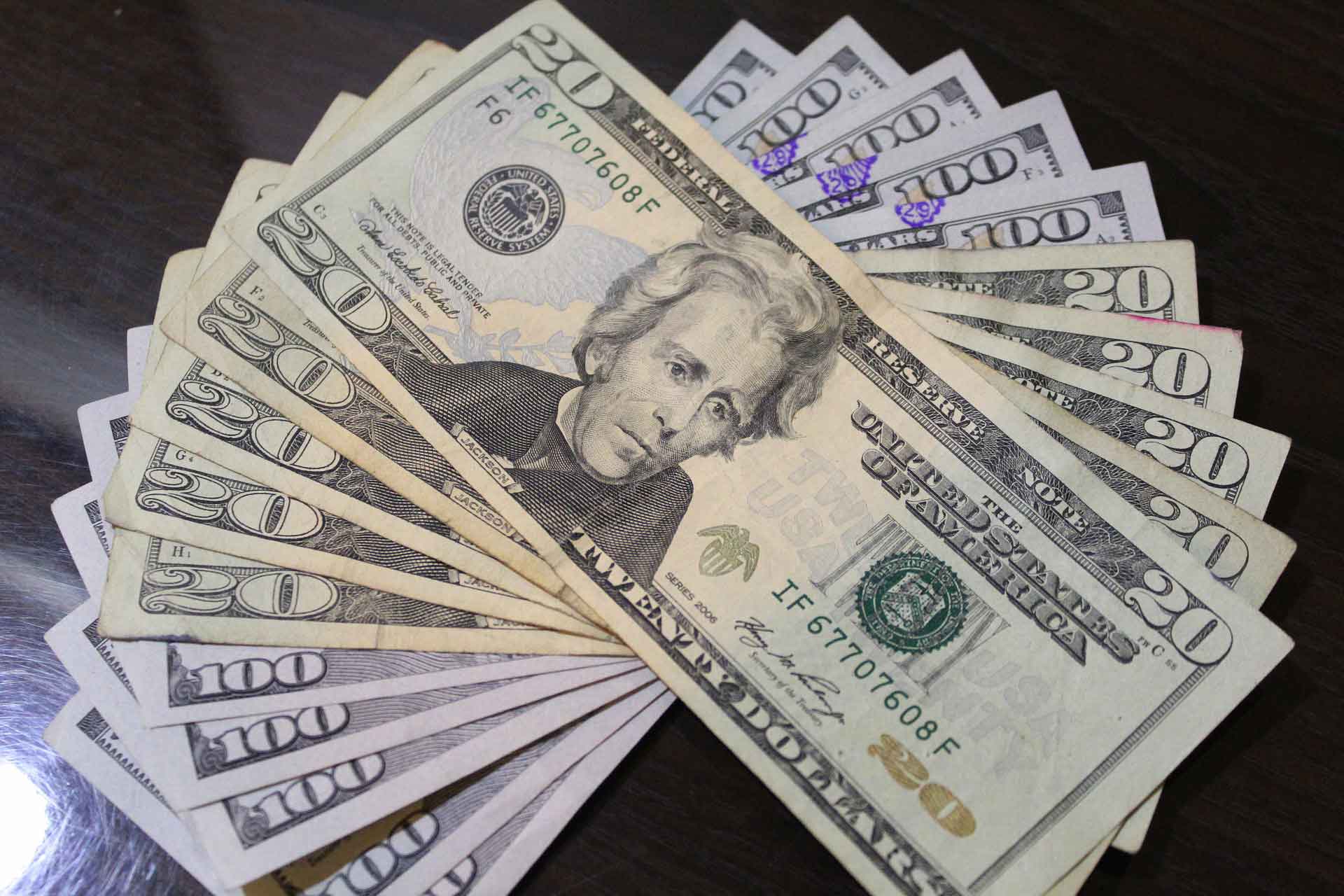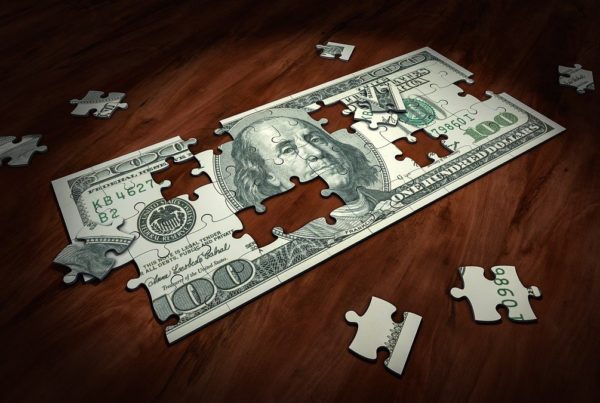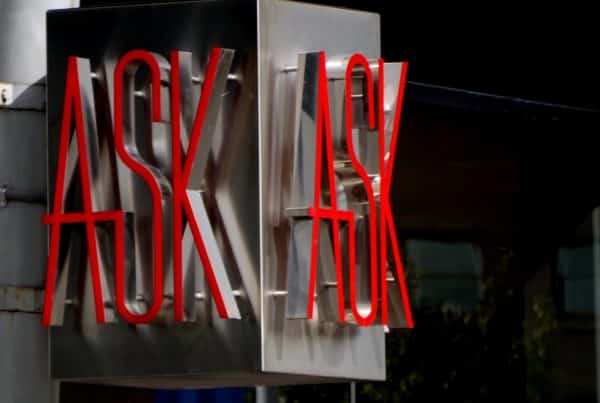I get a common question from almost everyone I work with: “Tammy, how do I get out of debt?” However, most people do not seek help until they feel overwhelmed by it.
If you’ve read anything written by me, you know that I believe your money story drives all of your financial decisions. Furthermore, it’s up to you to unearth that story before you can change your behavior.
So to get out of debt, the starting place is to understand how you got there in the first place. I don’t mean just a list of what you spent your money on (although we’ll get to that). But you need to understand why you allowed this to happen. What void were you filling?
Going through the process of knocking out your debt is pointless if you let the cycle continue. Likely, when you went on a shopping spree or put the vacation on your credit card, you knew you couldn’t afford them.
Some of my clients tell me they get a sick feeling when a credit card bill arrives, or they ignore bills because they just can’t face seeing the amount this month. In fact, I used to go shopping to escape thinking about what was going on in my life, which of course, makes things worse.
Sometimes we spend so much time taking care of others, we feel like no one is taking care of us, and we need to spend that money on ourselves, even when we don’t have it to spend.
Step one is to do the work to understand why you spend. I talk about this more and how to get started in my book, Money Detox. When you are ready to take actions to get rid of the debt and truly keep it away, the following steps will help you.
Getting Out of Credit Card Debt
To get out of debt on your credit cards, start by staying current on the minimum monthly payment. This will improve your credit score, and a stronger score will give you access to lower interest rates on your debt.
The worst kinds of borrowing are payday loans and cash advances from a credit card. Some of this predatory lending has been outlawed. But any borrowing you are doing from these sources needs to stop.
For credit card debt, the first thing to do is cut up those cards. Check into opening a new card with 0% interest for 12 months on transfers, and make sure there is no fee on the transfer balance. Often credit unions have offers like this, and you can check out this list from nerdwallet for more options.
You’re not going to use this new card other than to transfer your current higher balance so you can minimize the interest as you pay down your existing debt. Don’t apply for more than one new card, as this could also hurt your credit score.
If you can’t transfer your balance or if you have non-credit debt, you may be able to negotiate better rates. Educate yourself on the fees and interest on each existing debt.
Finding the Funds to Pay Down Debt
If you have multiple debts, start with whatever has the highest interest rate, and pay it down as aggressively as you can. Always pay the minimums on the others, but pay as much as you can each month toward the big one. Even if you cut up a high-interest rate credit card, paying the minimum on your existing balance will drag on forever, and you’ll pay a lot more than you originally charged.
For example, if your card has a 24% APR (not uncommon), divide this by 12 to get your monthly rate. You are paying 2% on whatever balance you have on your card each month. So on a $10,000 balance, you are being charged $200 each month. Your minimum payment and interest charge are basically canceling each other out each month. And if you miss a payment, additional fees will be added. Remember, your debt to income ratio will affect your credit score—another reason you want to get rid of the debt, not just maintain it.
You may be able to jump start this by bringing in a little extra money through extra hours at work or using a tax refund as discussed here. If you just don’t have wiggle room in your budget, look at your monthly bills and consider if you need to unload some of the common over-spend expenses. Can you downsize by cutting your extras or do you need to take bigger steps and reconsider your vehicles and maybe even your home?
These are hard decisions, but you may already be struggling to pay some of these bills. Making some big changes before you are forced to will prevent a more painful scenario down the road.
Keep the Momentum Going
As soon as you pay off that first debt, attack the next debt on your list. Use the funds you were paying towards the now paid-off card each month plus whatever you were already sending the second debt. You will gain momentum and pay off each debt faster than the last as you are spreading the payments across fewer bills. In the end, you will have freed up a healthy monthly payment that you can redirect to savings or retirement.
Isn’t Saving More Important?
What about saving vs. debt? Shouldn’t saving for my retirement be a priority? In most cases, until you address crippling debt, high interest rates will eat up more money than you can make in savings interest. By eliminating future interest payments, you will free up more money to save in the long run.
If you can pay down your debt in 8 months without saving anything, and then have $400 a month for savings, that solution beats saving $100 a month while carrying large balances on your credit cards. The second scenario not only stunts your savings potential, but potentially hurts your credit.
That said, we are living in unprecedented times right now and the job market is less stable than it was before. If you know you are about to lose your job, you may do better to set money aside for your emergency fund than to aggressively attack debt. This is especially true if your emergency savings are sparse. However, you should still make your monthly payments to your existing debts.
Dealing with Debt Collectors
If you are behind on payments and your payment has been turned over to debt collectors, you should become familiar with your rights. There are laws to protect you from harassment from collectors, including calling certain hours, harassing your family or friends, and threatening to garnish your wages (which they cannot without a court order). The main federal law that protects you is the FDCPA (Fair Debt Collection Practices Act).
Final Remarks
Working on paying off your debt is not a fun subject. You probably won’t see huge gains in the beginning, and it can be easy to feel like you’re never going to make a dent. It’s helpful to have support that will motivate you to keep going. Find a person to help you stay accountable weekly, whether a friend or a coach or an online community. The ride won’t be as lonely, and that person can help reinforce your decisions until you have the results in front of you to reinforce your confidence in moving forward. If you don’t have someone in your corner on this journey, I’d love to invite you to join our Money Circle, where you’ll find a community of people at all different stages to inspire you.






Thx for your article! From personal experience, I would be very careful around tempting balance transfer offers. Yes they can be a great deal in short term but can be more costly in the long term. rarely do CC offer fixed rate anymore. Most have variable rates and can jack up interest not only after special offer, but also at faster rates than other CC. It’s also way too easy to do the CC “balance transfer game”, go into vagueness on total debt and spiral out of control.
P.S. Not everyone gets into debt due to over spending or “feeding a hole.” I got into serious debt because i got very seriously ill in late 30’s, couldn’t work for over 5 years, liquidated all my assets to keep a roof over my head and pay medical bills. When I ran out of assets, I used CC to pay my bills. Was too young to understand there are social programs to help before going into debt. My issue has not been lack of self esteem, but compulsive self reliance.